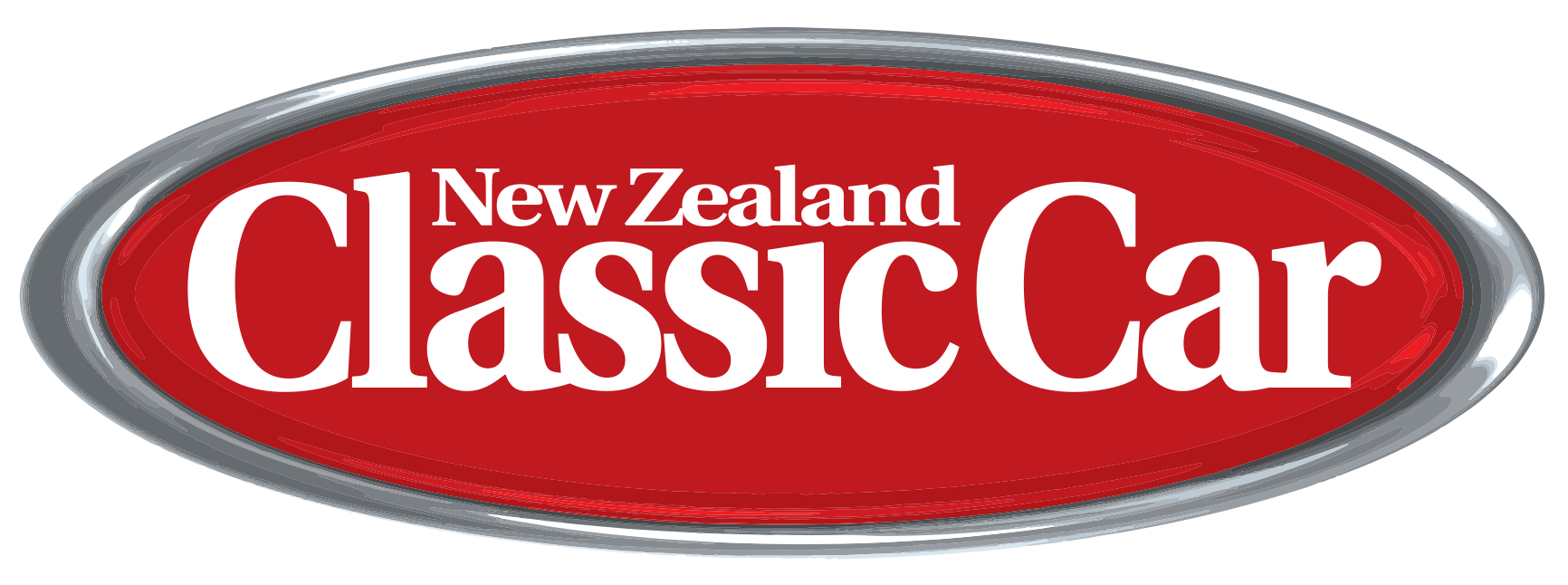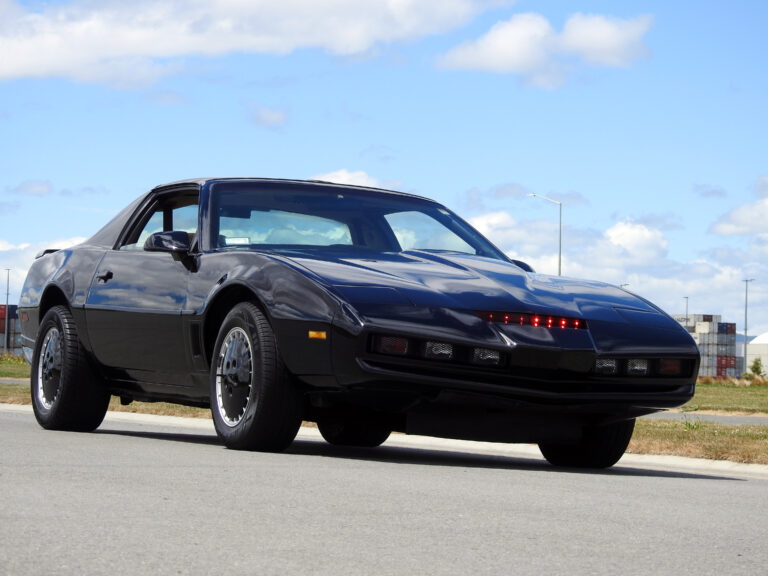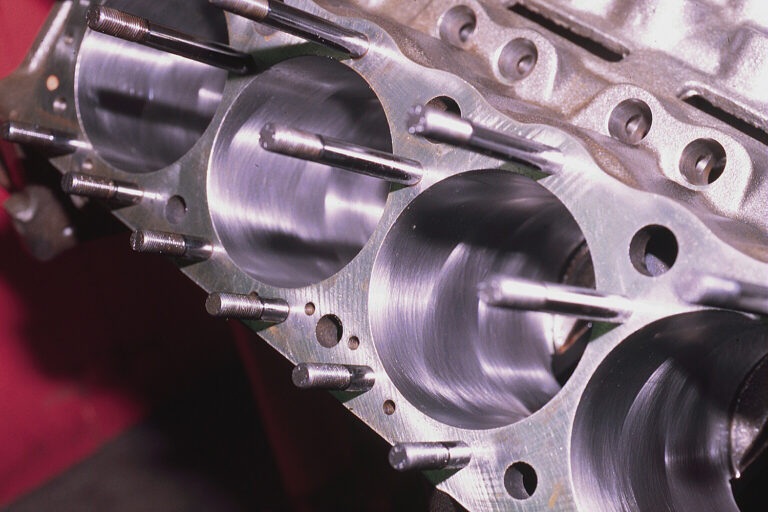How are French classic cars faring in New Zealand?
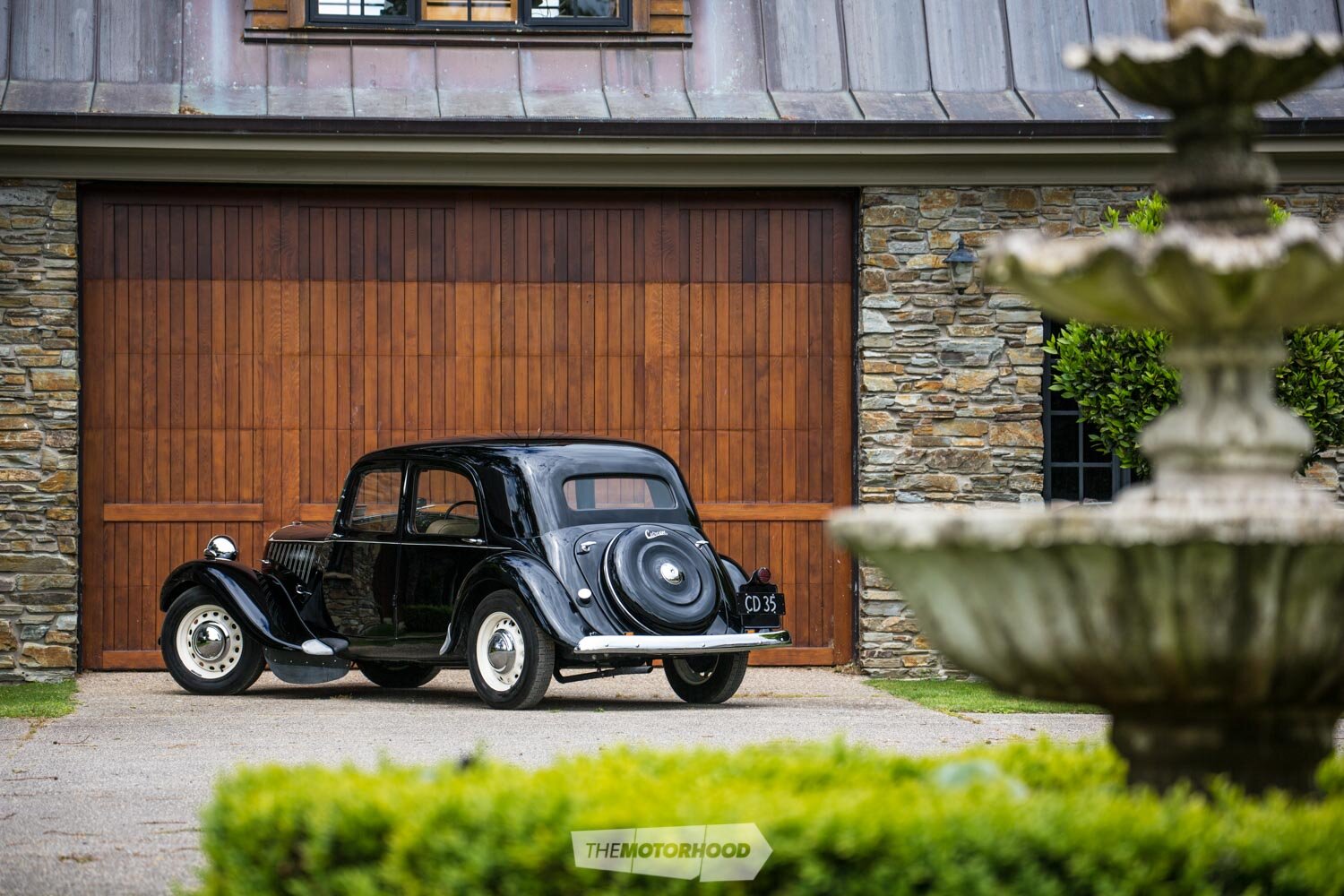
Germany may have created the very first car, but it was France that took the idea of the internal-combustion transport to its heart, contributing greatly to motoring as we know it today. The country that gave us Notre-Dame, the Louvre, the city of Paris, and a host of brilliant artists, also gave us a host of brilliant cars. The Citroën Traction Avant, DS, and even the humble 2CV are regarded as some of the most significant cars ever produced, and that’s just from one marque.
According to Dave Jones, the owner of French car specialists Auto France Ltd, the love for marques like Citroën, Peugeot, Renault, Alpine, and to a lesser extent Bugatti, is ardent in New Zealand — but among a small group of enthusiasts. “French cars appeal to a very select group of car enthusiasts,” he says. “People that love Citroëns, Peugeots, and Renaults appreciate those brands’ unique take on car manufacturing, and they want something different to the next guy.”
According to travel broker, writer, and French car historian Tony Haycock, while things started well for the French brands here, sales had taken a dive by the end of the ’50s: “By the 1960s the onerous tariffs being placed on non-Commonwealth-sourced vehicles meant that the average French car was being priced far above its place in the market, and by the 1980s when it was in excess of 50 per cent, the French car was perceived as both ‘foreign’ and overpriced.”
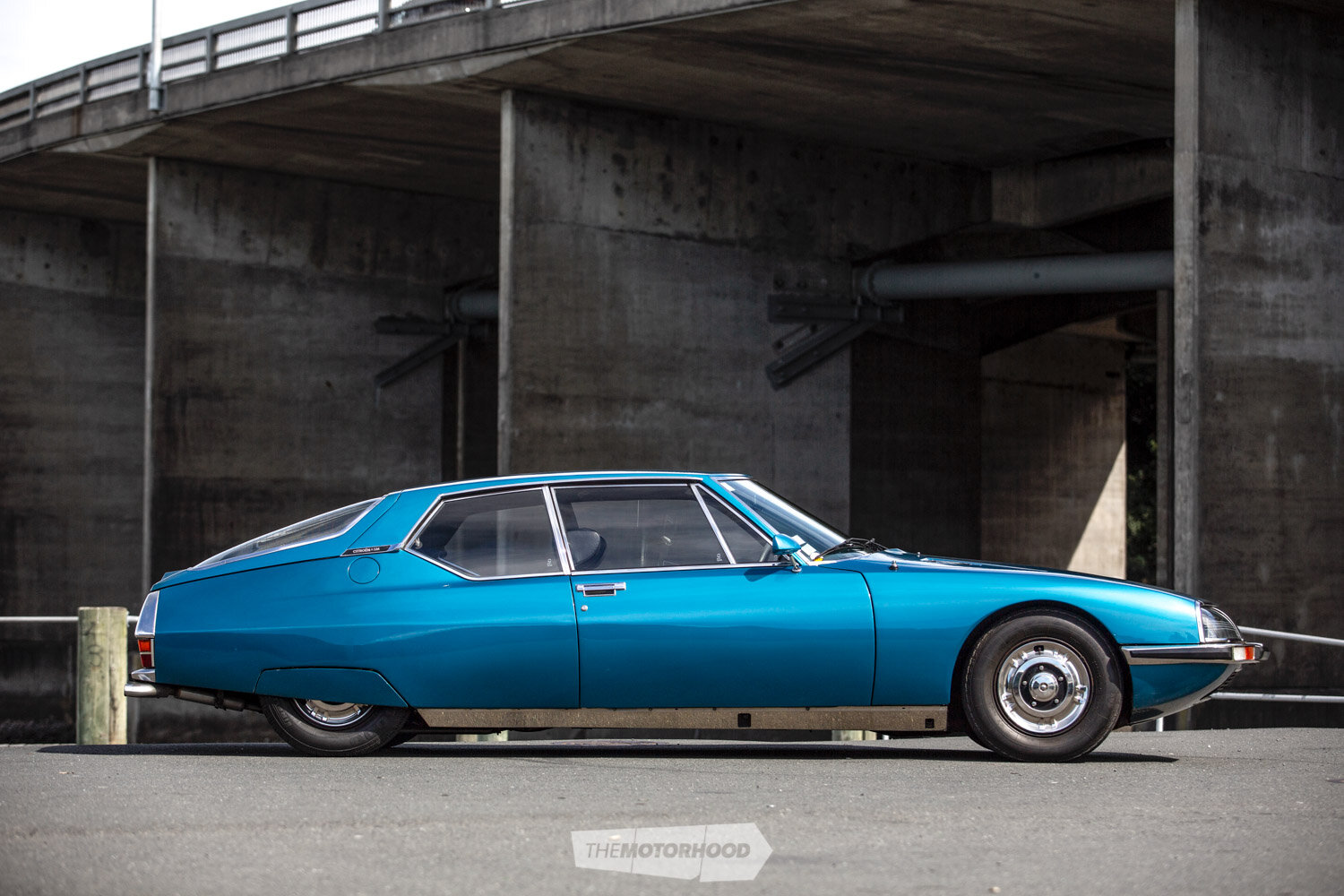
MIND THE GAP
Despite apprehension from buyers, a New Zealand fanbase grew when people realized the driving experience, whether it be a Citroën DS or Traction Avant; Peugeot 403; or Renault, greatly exceeded expectations. Designed to smooth out variable-quality rural French roads, they deliver surprising comfort here too.
These days, partly as a result of early retirements in New Zealand scrapyards as Japanese imports displaced them, the price of collectable Gallic cars has seen a slight increase. This is also down to many cars sold new in New Zealand having flown the coop and headed overseas.
According to Tony Haycock — like a whiff of Gauloises on the breeze — the supply of local Citroëns, Peugeots, Renaults, and other notable French marques is dissipating. “I suspect that at the moment there are more leaving than arriving. Our market always seems to lag behind the rest of the world and with many European cars not having the same following here than in Europe means there are bargains to be had here for offshore buyers. With the added bonus of our unsalted winter roads, we are a prime shopping-ground for a world which is getting increasingly smaller,” says Tony.
With the exception of rarities from Bugatti, Delahaye, and Delage, which command an easy seven figures or more at auction, the everyman French classics and spritely hot hatches of yesteryear have seen the biggest surge in value.
ARGUABLY THE BEST HOT HATCH
“The first of the readily available French cars to start increasing in value was the Citroën Traction Avant, with pre-war models and the exceptionally rare and desirable faux-cabriolet and roadster models leading the charge,” Tony explains. “The next to become a worthwhile investment was the Citroën DS. Lately, Peugeot’s 205GTi, arguably the best of the 1980s hot hatches, has surged in value in Europe, with pristine examples selling at auction overseas in excess of NZ$60K. This has already had a discernible effect on the value of these desirable little cars in New Zealand.”
According to Dave Jones, several later model Citroëns are also becoming more sought after, and prices have been steadily climbing: “The GS and BX, which were once overlooked, are starting to appreciate, as are all hydraulic cars like the CX. However, the hard part is trying to find one. Those who have them are usually the previously mentioned dyed-in-the-wool Citroën enthusiasts who won’t be in a hurry to part with them.”
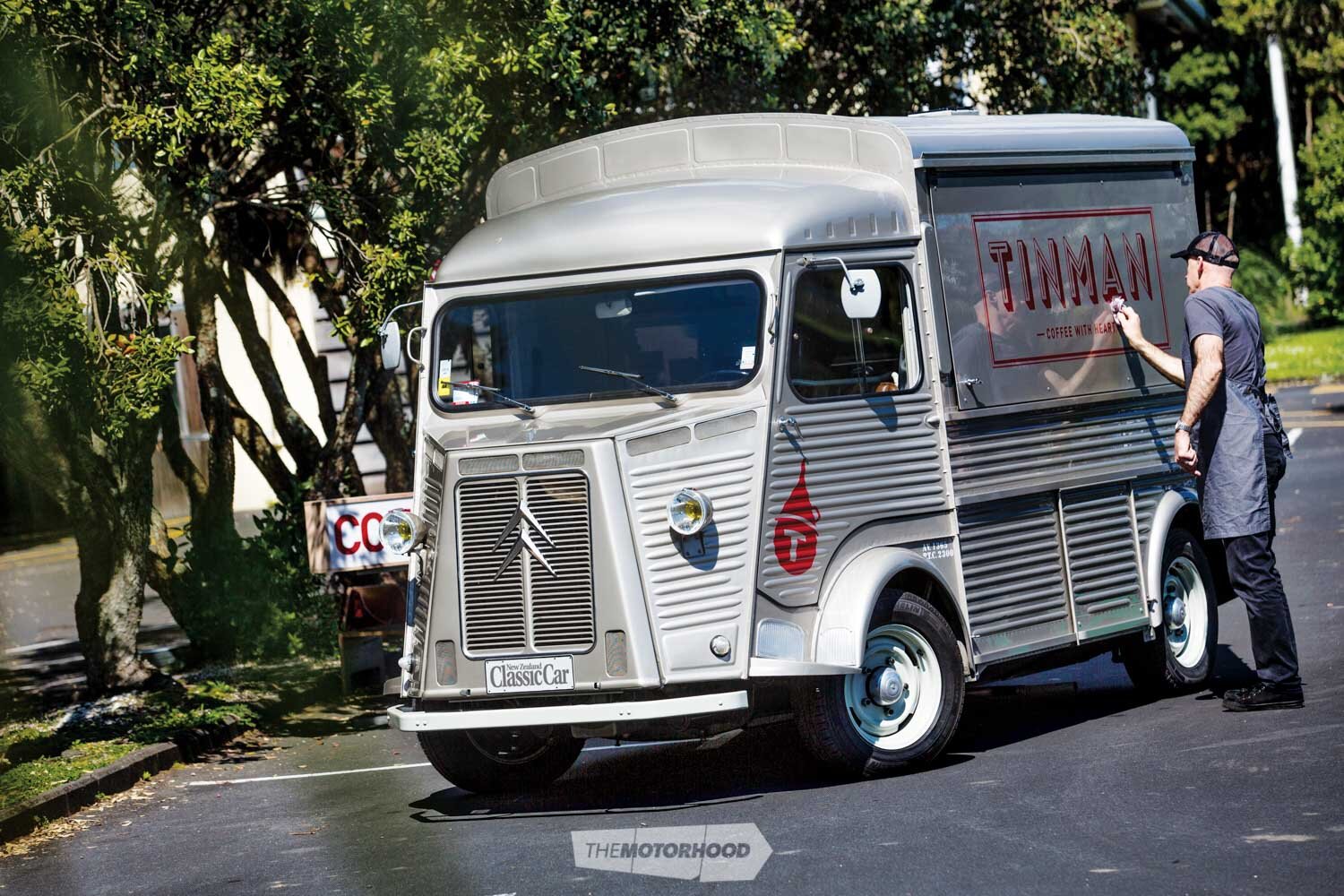
S’IL VOUS PLAIT
Yet, if you want classic French motoring, there is still a way in. Tony says a giant from one particular brand will fit the bill: “For an ideal first, affordable French classic, you can’t go past a Peugeot 404 or 504. They were assembled in New Zealand, so they are still relatively easy to find, and prices are still very reasonable. They are ultra-reliable, comfortable, and are so simple to work on. Parts new and used are still available here, and there is nothing which can’t be found from excellent suppliers in Europe.”
That said, regardless of whether you take the plunge on a 404, or even push the boat out on an immaculate DS21 Safari, it definitely pays to get some general buying advice. Fortunately, there are plenty of specialists and clubs available to help. Tony says, “The advantage of most collectable French cars available in New Zealand is the ready availability of parts. If looking at buying a French car as a classic, it’s always a good idea to talk to someone who has a similar car or knowledge of the model you are looking at. Every car has it’s individual strong and weak points so make sure you know what to look for when you are seeing your prospective purchase for the first time.”
A French classic car is not everyone’s cup of tea; of course not — it’s a glass of pastis. However, those daring to be different, whether they’re looking for an autoroute cruiser or a track-day hot hatch, won’t drive anything else. Therefore, before the existing Francophiles fans snap up all the good ones, it’s high time to check the classifieds, mon ami.
